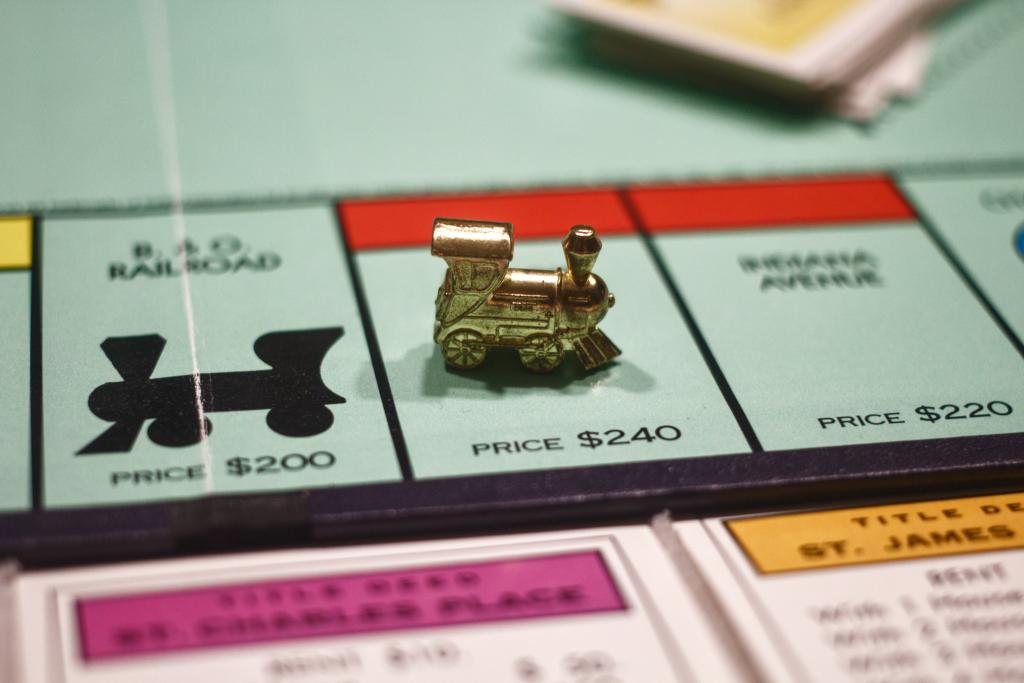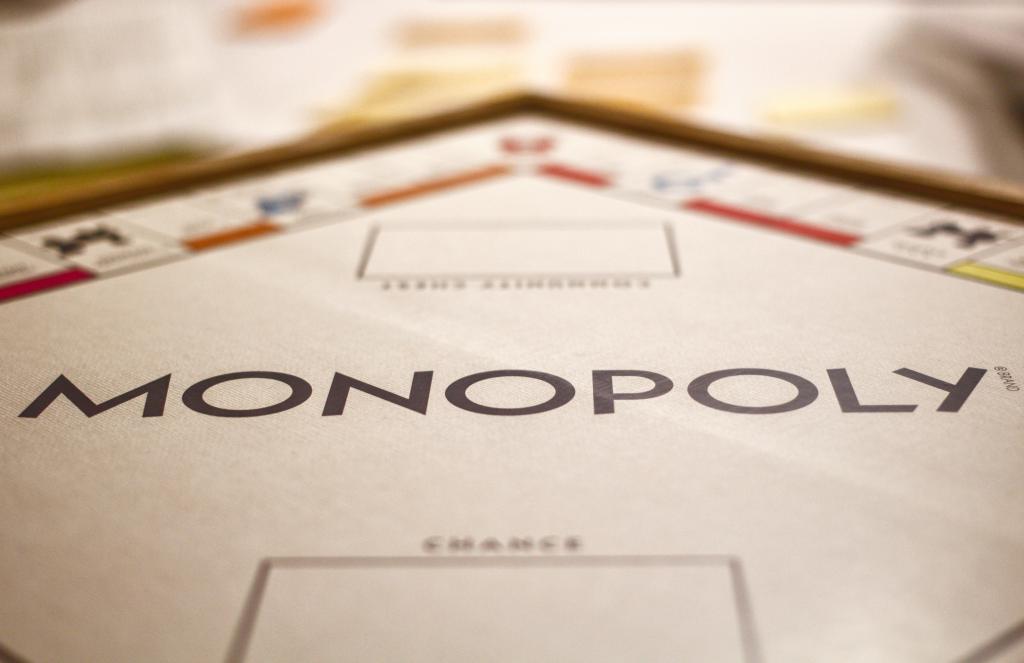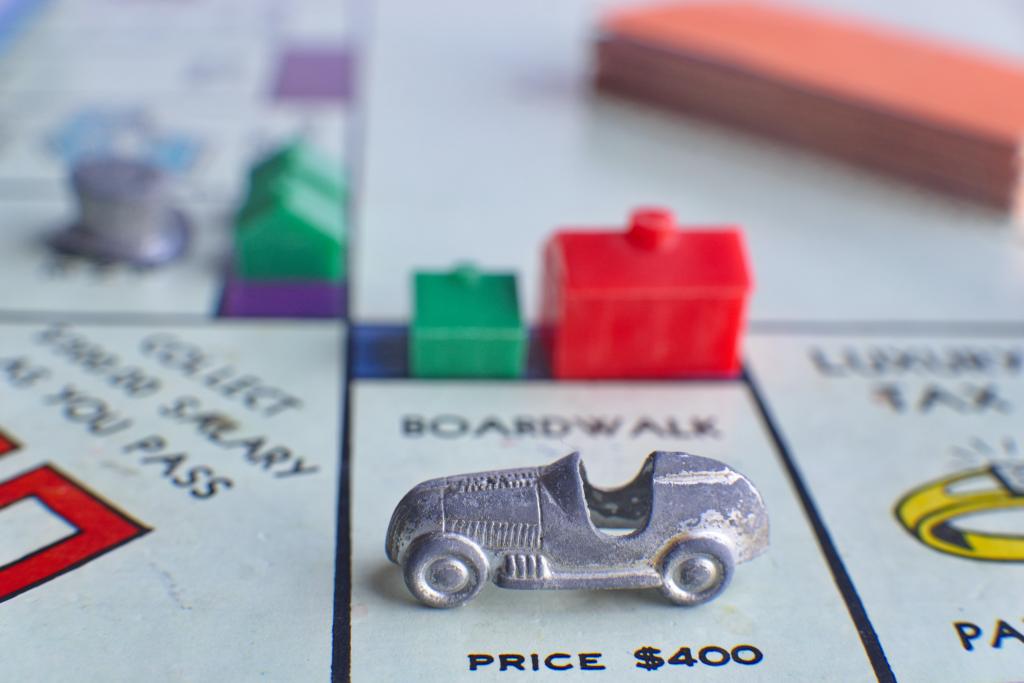Monopoly: Everything That’s Wrong and the Truth Behind the Game

It would be rather difficult to find someone who doesn’t have a childhood memory of a bunch of cousins or other family members bantering over fake money in the mighty monopoly. One of the top board games in Bangladesh and the world, Monopoly, has been around for almost a hundred years, planting seeds of capitalism while providing a fun pastime.
Among so many things that are wrong with this popular and conventionally “fun” game, the realistic representation of capitalism is the biggest one, with all its horrifying twists. Monopoly is a game where having the most money literally means that you are the winner. And not to mention, the means of being this “richest” one is just a roll of the dice, aka the hands of fate.
In fact, this desire to be the richest, be it fake, makes this game addictive to the point of horror. The longest game of Monopoly is known to last for more than two months.

The Real Story behind Monopoly
The saddest part is that this wasn’t really the true intention behind this world-famous board game. The inventor of monopoly is considered to be Charles Darrow, a middle-aged white man whose autobiography is still printed on the cover of the game. Like a million people in America, Charles Darrow lost his job as a sales executive after the stock market crash of 1929. To support himself and his family in these financially crucial times, he started working as a door-to-door salesman. And this led him to witness his neighbours and acquaintances play a game where the main objective was to buy and sell properties.
The game quickly became popular with Left-wing intellectuals and was played at universities as well as in Quaker communities, including some that changed the rules and tried to recreate the board with streets from Atlantic City. One of the participants in this Quaker adaption was Charles Darrow.
With a few tweaks here and there, Darrow published his own version of this board game in 1933 and named it Monopoly. Eventually, he secured a copyright for the game and, after pitching it to various companies multiple times, licensed it to the Parker Brothers.

The problem with this story is that neither the inventor nor the intention behind it is even remotely true. The original version of Monopoly, the one Darrow witnessed his neighbours playing in the first place, was called the “landlord’s game.” This game was invented by an American writer and feminist, Elizabeth Magie, some thirty years ago before Darrow even knew about this game. Maggie was an independent and proud woman in the first decade of the 1900s when she invented a board game based on the anti-capitalist visions and beliefs imparted by her father, James Magie.
In Magie’s version of the game, each time a player gained a new property under the “Prosperity” set of rules, everyone profited, and the game was won when the person who had begun with the least amount of money had doubled it. Whereas under the “Monopolist” set of rules, players gained an advantage by accumulating properties and collecting rent from everyone who was unfortunate enough to end up in the said property – and whoever succeeded in bankrupting the other players was the sole winner.
Even though the Parker brothers were made aware later of the original inventor of monopoly, Magie never really got the true recognition that she deserved. Worse, they still marketed this game as the dream child of Charles Darrow, where the sole purpose is to celebrate the isolated achievement of wealth, making everyone else poor in the process.

Follow The Interlude for more!





